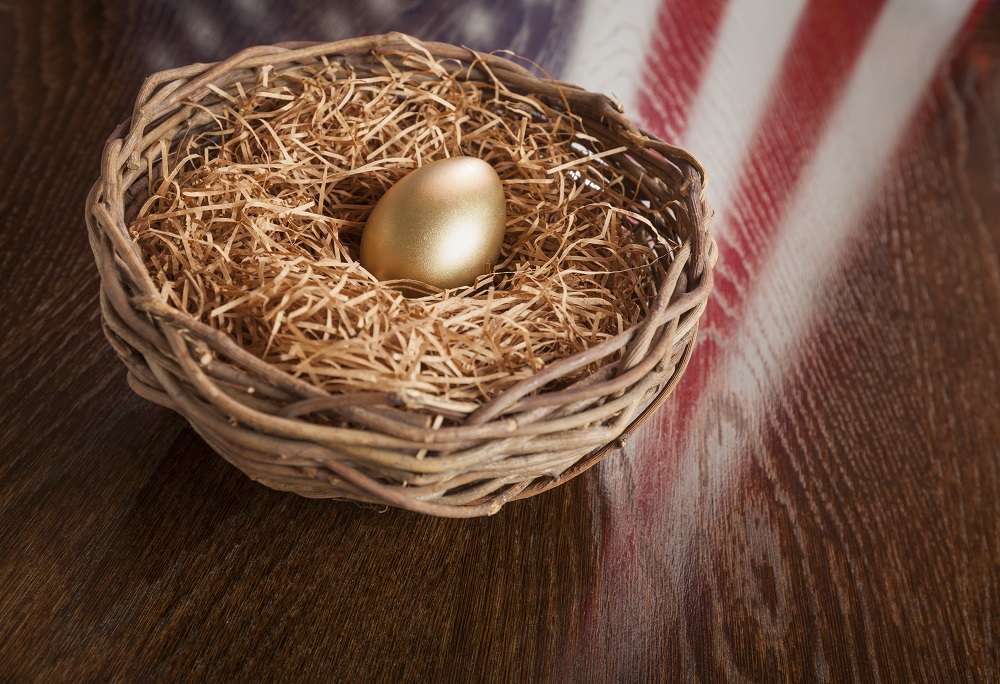Over the last few weeks, I’ve written several columns addressing a foundational question about money: How much is enough?
There’s no shortage of opinions on the subject, as readers demonstrated with their own thoughts in my last column. (It was a smorgasbord of the practical, the political and the philosophical.)
In our increasingly competitive world, some feel that money is the way we measure our competence, our success, even our worth as individuals.
This isn’t just wrongheaded, in my view. It’s offensive. There are plenty of folks doing incredibly skilled and underpaid work as social workers, nurses, high school basketball coaches or Navy SEALs, to name just a few.
Many feel that there is a gap between how they live and the way they should be living – and that money would make up the difference.
And perhaps it would. Money is a linchpin issue in all our lives. We want and need things. It takes money to get them.
Some live openly with the accumulation of money as a primary goal. Others think it isn’t important – or shouldn’t be.
Yet millions harbor a chronic fear that they will never truly have enough – or be able to keep it.
It’s easy for those of us with money – even if we came from nothing – to forget what a struggle life can be without it.
Studies show the majority of Americans spend almost everything they make, shouldering enormous stress as they live paycheck to paycheck.
It’s not just the poor and lower middle class, by the way. A realtor friend once told me I’d be shocked to discover how many neighbors in his gated community were “just two mortgage payments from the edge.”
Money can do great things and promote important causes. But it can also dissolve business partnerships, cause friction between family and friends, and end marriages.
Even in households where the cash flow is ample, partners often fight over how much to spend, how much to save or how to invest.
If you’re reading an investment column like this one, you almost certainly have more money than most (or soon will).
Our primary concern here, of course, is not wages or savings but wealth – and its successful management.
So let’s be clear in our terms. Wealth is not what you make. It’s what you have: stocks, bonds, cash, real estate, precious metals and other financial assets.
Most decide who is “rich” with a particular number: $1 million… or $3 million… or $20 million.
I can tell you that as a kid growing up in a middle-class household, I thought anyone with a million dollars was unspeakably rich. While that is still not an inconsequential sum, it is no longer rare.
Thanks to inflation and our society’s increasing affluence, a million-dollar net worth – total assets minus total liabilities of a million dollars or more – is now pedestrian.
Market researchers Spectrem Group counted a record 10.8 million millionaire households in the U.S. at the end of 2016. That’s 1 in 9. (And given the red-hot real estate and stock markets of the past year, the 2017 number will be even larger.)
Are the folks in these millionaire households satisfied? Do they feel like they have enough?
Not necessarily. According to a 2013 report from investment bank UBS, only 28% of Americans with $1 million to $5 million consider themselves wealthy.
No matter what some people have, they will feel it’s inadequate when they learn what someone else has. (Even the men and women on the Forbes 400 are acutely aware who is ahead of or behind them.)
How much you “need,” of course, is very much tied to where you live, the size of your family, your monthly overhead, and your desire to travel or enjoy the finer things in life.
“The finer things” are hardly necessities, of course. I grew up without them and could easily live without them again.
Indeed, many of my most enjoyable years were spent as a largely impecunious bachelor in my 20s. (Thank God some women don’t care what kind of car you drive if you can work small miracles on the grill.)
Bottom line: When it comes to how much is enough, only your own definition matters.
My view is you’re wealthy if you have the resources to live the way you want to live.
Money unspent – capital – is power. It gives you the freedom to make choices, help others and enjoy what’s important to you: family, friends, hobbies, volunteering, whatever.
It’s hard to argue with the words of Sophie Tucker:
“I’ve been rich and I’ve been poor – and believe me, rich is better.”
Good investing,
Alex
Thoughts on this article? Leave a comment below.
